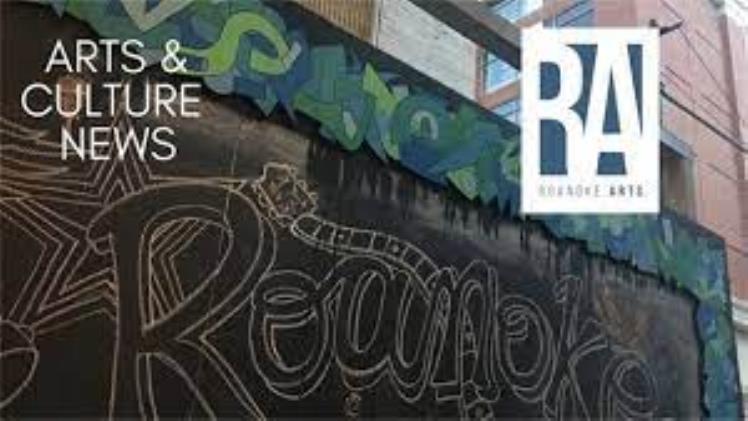The Roanoke Foundation’s Strategy for Arts and Culture

Arts and culture encompass a vast array of human endeavors, creating visual, auditory or performing artworks to express an artist’s imaginative ideas or technical proficiency. Additionally, this field encompasses creative problem-solving skills as well as social justice issues.
Cultural expressions include theatre, literature, painting, sculpture, music, dance and architecture that all reflect a culture’s beliefs, values, customs and traditions. They play an integral role in society’s history, development and survival.
It has the unique capacity to capture winds of change as they affect societies and those who inhabit them. Music has an ability to speak directly to our hearts and minds, creating more profound shifts than words alone can do.
Strategy one: Invest in the future of arts and culture to guarantee its vitality for generations to come. This includes developing policies and strategies to stabilize and encourage investment in this sector, expand its industry ecosystem, and respond to community needs and opportunities.
Strategize two: Foster and develop relationships with program partners who specialize in arts and culture, both within the Foundation as well as those across the region and beyond. Doing this opens up new possibilities for collaboration among partners while also increasing their reach through innovative initiatives.
Research demonstrates the numerous advantages of engaging in arts and culture, such as improved health, mental wellbeing, social bonds and connections to the community. Furthermore, it plays a pivotal role in economic development by attracting businesses and bringing new residents to a city.
Roanoke City Arts and Cultural Commission nurtures and supports a thriving arts and culture scene through their oversight of the City’s public art plan, investment in projects and programs related to visual art, as well as collaborations with local artists and other cultural organizations. By working together, this commission strives to bring more diverse artistic experiences to residents in Roanoke.
It is essential to recognize that art and artists are part of a shared cultural heritage, reflecting prevailing assumptions about how artworks should be created, defined, and assessed. This makes it essential to evaluate an artist’s work within its social context – not only because the artist wishes it so but because art itself constantly changes, evolves, and adjusts in response to new challenges.
Furthermore, we understand that artists may be exploited by the art market and other forces beyond their control. Therefore, we urge artists to reflect critically on their practices and how they can contribute towards creating a more equitable society.
At our core, we support initiatives that foster an equitable and democratic artistic ecosystem by exploring new operating models and funding structures that take a holistic approach to social change. Doing so, we are giving artists the power to be active participants in shaping the future of arts and culture.